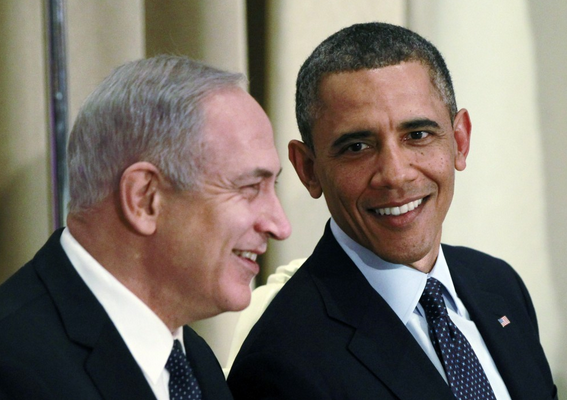On March 17 Israeli will go to the poll to elect the new government. The election is a tussle between the current government of Prime Minister Netanyahu's Likud Party and his challenger, Isaac Herzog's Labor Party. This election seems to be a referendum on Netanyahu, who came to power in the 1996 election.
Israelis are deeply divided as most of them are in despair of an elusive peace agreements with the Palestinians, according to NPR News. However, as there are no clear paths in resolving the peace and territorial issues both parties put forward, the main focus of this election will be mostly on the personality of Prime Minister Netanyahu and his expensive lifestyle, as well as the soaring cost of living in Israel.
Most Israelis are divided on the issues and the likely outcome of the election is that there will be no clear winner and no candidate will win by a big margin. When this happened, Netanyahu and Herzog would likely be sharing the power as what had happened in 1984 where Simon Perez and Yitzhak Shamir alternately serving as Prime Minister.
Netanyahu is looking good with a clear advantage over his rival when he called for an early election last November but things weren't too good for him now, reported by The Huffington Post. His speech before the Congress of the United States of America last week seemed to raise dissent at home and made more division among Israelis.
Most polls conducted recently point out that the moderate Labor Party is slightly ahead of the hardliners Likud Party of Netanyahu. Observers say that if Herzog will become the Prime Minister, he will work for a genuine reconciliation of returning the lands Israel captured in the 1967 war.
As electorates are confused and divided, neither party could muster a considerable majority. Netanyahu and Herzog may consider and agree to serve as the prime minister alternately in a manner that whoever has a majority in the parliament will be going to serve first.



























